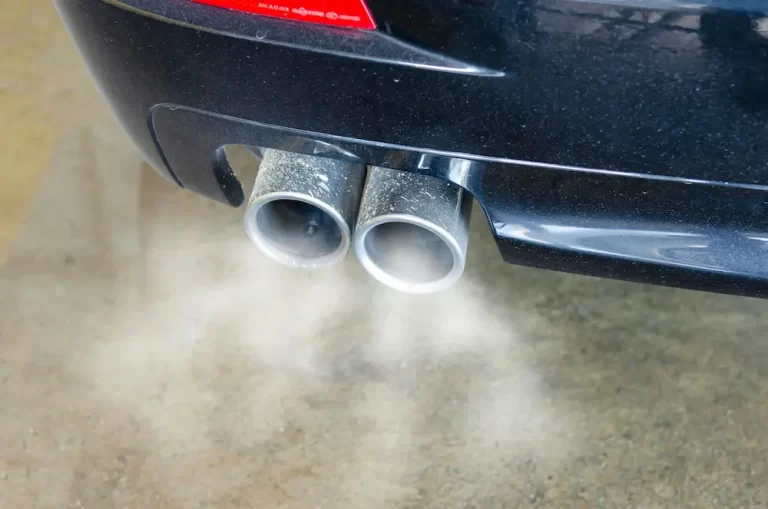Switching Career to Combat Climate Change: Key Tips
Are you passionate about combating climate change and ready to make a significant impact?
Transitioning your career to a climate-focused role can be a rewarding and fulfilling goal.
Here are our 10 essential tips to help you successfully pivot your career towards green jobs that tackling climate change.
1. Identify and Leverage Your Transferable Skills

Climate change solutions require a diverse skillset. Take inventory of your existing skills and experience.
Consider how these skills can be applied to climate-related roles. For instance, a project manager with experience in logistics could transition to a role in renewable energy project management, utilising their organisational and planning skills.
Whether it’s a background in data analysis, projects, finance or operational roles, you also likely have experience of what it takes to deliver in a business or organisation day-to-day. This is a practical mindset that is highly valuable when applied to broader long term goals linked to climate action.
2. Research Climate Change Careers

Explore the vast range of climate change jobs available, from renewable energy engineers and sustainability consultants to climate policy analysts and environmental educators. There’s a wide range of niches to pursue!
Understand the specific skills and qualifications required for each role. You can do this through simple bit of googling and reviewing job vacancies on sites like LinkedIn.
Researching the different career paths available can help you identify the best fit for your interests and skills.
3. Upskill and Reskill for Climate Change

Invest in relevant training and education to acquire the necessary knowledge and expertise for climate change jobs.
You can consider online courses, certifications, or formal degree programs in fields like renewable energy, climate science, environmental sustainability, or sustainable business.
First off though, don’t overlook the vast amount of free insights and training available on YouTube, and through sustainability sites like us here at Greener Insights!
4. Gain Practical Experience

Seek opportunities to gain hands-on experience in climate-related fields whenever possible.
Volunteering for environmental organisations, participating in internships, or taking on freelance projects to build your portfolio are all great options to consider. This will also help you build a network with professionals in the industry.
Practical experience can provide valuable insights into the challenges and opportunities you’ll eventually face in the climate and sustainability sector.
5. Building a Professional Network

The age old build a network tip! But these days this doesn’t just mean getting out to conferences. You can connect with a wide range of individuals working in the climate change and sustainability fields through online platforms. Make use of LinkedIn, Facebook and Instagram to build contacts.
You can also consider joining relevant professional associations. For example, The IES, IEMA and The ISSP are all great options.
Networking can provide valuable insights, job opportunities, and mentorship. Building strong relationships with professionals in the field can open doors to new opportunities plus help you stay informed about the latest trends and developments.
6. Develop Strong Communication and Storytelling Skills

The ability to effectively communicate complex climate science concepts and solutions to diverse audiences, including policymakers, businesses, and the general public, is a powerful skill. Developing this capability will be a huge positive for you!
Practice your presentation skills and learn how to tailor your message to different stakeholders. Strong communication skills will be essential when advocating for climate action and inspiring others to take action.
7. Embrace a Multidisciplinary Approach

Climate change is a multifaceted issue requiring collaboration across various disciplines.
Develop a broad understanding of related fields like economics, engineering, social sciences, and policy to gain a holistic perspective.
A multidisciplinary approach can lead to innovative solutions and foster collaboration between different sectors.
8. Get Up to Speed on Climate Science and Policy

Keep abreast of the latest advancements in climate science, policy developments, and emerging technologies by following reputable news sources, research publications, and industry blogs.
Great examples include Edie, Carbon Brief and Business Green. And of course us here at Greener Insights!
Staying informed about the latest developments can help you anticipate future trends and identify potential career opportunities.
9. Highlight Your Climate Commitment

Showcase your passion for climate action in your job applications, cover letters, and interviews.
Emphasise your relevant skills, experience, and willingness to contribute to a sustainable future. Highlight your commitment to sustainability and your ability to make a positive impact on the environment.
10. Be Patient and Persistent

Transitioning to a climate change career may take time and effort. Stay motivated, be open to opportunities, and continue to develop your skills and network.
The climate change job market is constantly evolving, so be adaptable and proactive in your career development.
Bonus Tips for Building a Career Tackling Climate Change

Consider Certification: Obtain certifications in areas like sustainability, renewable energy, or climate change to enhance your credibility and marketability. Professional bodies, such as those we referenced in Tip 5, offer certification options.
Highlight Soft Skills: Develop strong communication, teamwork, problem-solving, critical thinking, adaptability, and resilience skills.
Stay Informed: Follow industry news, attend conferences and webinars, and participate in online communities to stay updated on the latest trends and developments. Be careful of information you find on social media and check sources if you can.
Tailor Your Job Search: Customise your resume and cover letter to highlight relevant skills and experiences for each specific job application. Use keywords from job descriptions to improve your visibility in applicant tracking systems.
Switching to a Climate Change Career: A Worthwhile Challenge

By following these tips and staying committed to your goals, you can successfully retrain for a fulfilling and impactful career in the climate change field.
Remember, every step you take in your career, no matter how small, contributes to a more sustainable future!
To support you further in building a career in the climate change and sustainability work fields, we also recommend the following resources here at Greener Insights:
Careers in Climate Change: Key Skills & Job Roles
Renewable Energy Careers: Trends & Predictions
Sustainability Career Trends In Focus
35 Sustainability Business Ideas to Inspire You
Finally, want more insights and practical tips?
Check in here at Greener Insights for regular updates, and follow us on our social media channels:






